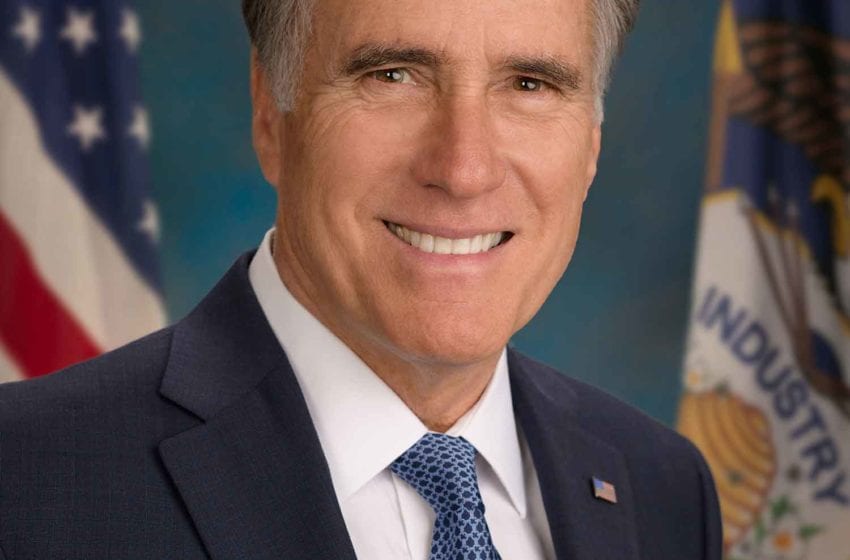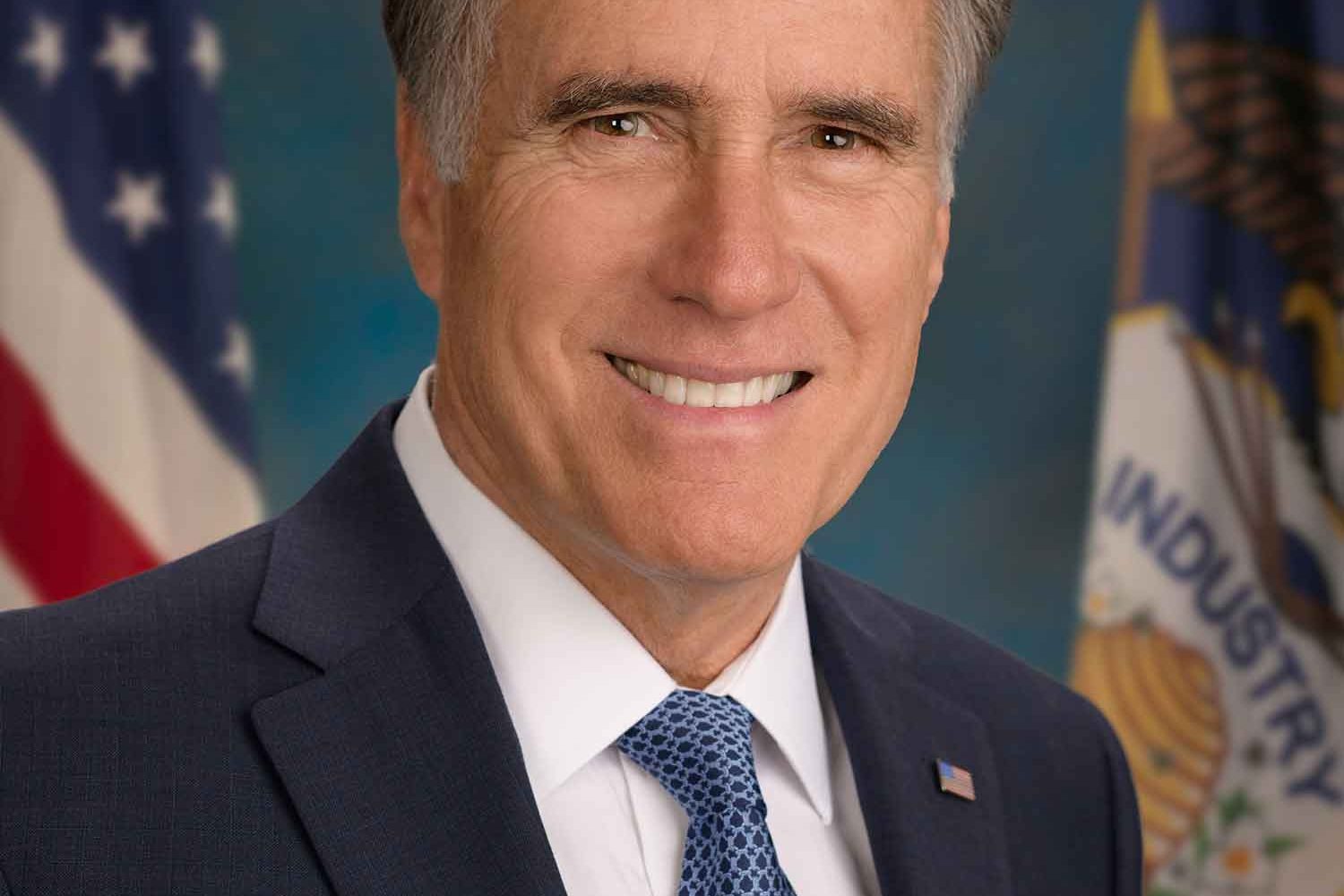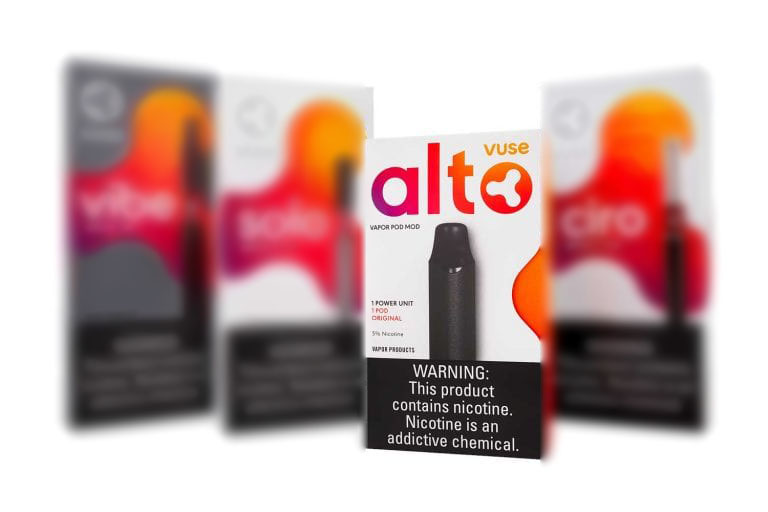Menthol cigarettes contributed to 378,000 premature deaths in the United States between 1980 to 2018, according to a new University of Michigan study.
The research shows that about 10 million smokers were attributable to menthol cigarettes, which researchers estimate accounted for about 3 million life years lost.
“Our results indicate that mentholated tobacco products have had a significant impact on public health and could continue to pose a substantial health risk,” said David Mendez, senior author of the study and an associate professor in the department of health management and policy at the University of Michigan School of Public Health.
“We hope these data will help the Food and Drug Administration evaluate the potential regulatory actions for mentholated tobacco products.”
The study, published in Tobacco Control, indicates that the most important drivers of the relative impact of menthol cigarettes were the effects that menthol has in smoking initiation and cessation, said first author Thuy Le of the Department of Health Management and Policy at the University of Michigan’s School of Public Health.
“Previous studies have shown that menthol experimentation is positively associated with progression to established smoking,” Le said. “In addition, menthol smokers are less likely to quit smoking than nonmenthol smokers. These observations were incorporated in the model and are the key factors in determining the outcomes of our study.”
For their study, the researchers calibrated a well-established model developed by Mendez and colleague Ken Warner, dean emeritus of the University of Michigan School of Public Health. Le and Mendez used the model in conjunction with National Health Interview Survey data and other public data sources to reproduce the overall U.S. adult smoking prevalence between 1980 and 2018 and associated mortality.
They then used the model again with adjusted parameters to reflect a scenario in which menthol cigarettes were assumed not to be present in the market over the same period. Finally, they compared both scenarios to quantify the public health harm attributable to menthol over the 1980 to 2018 period.
Mendez said they hope the FDA will look at this and other data as it evaluates potential regulatory actions for mentholated tobacco products.
Menthol cigarettes were created in 1925 and became widely spread in the 1950s and 1960s. In 2009, the Family Smoking Prevention and Tobacco Control Act gave the FDA authority to regulate the manufacture, distribution and marketing of tobacco products. The FDA banned flavors such as candy, spice and fruit, but menthol was not banned.
In 2011, the Tobacco Products Scientific Advisory Committee submitted a report to the FDA concluding that the removal of menthol cigarettes from the market would benefit public health. To date, the FDA has not taken any regulatory action on mentholated cigarettes.







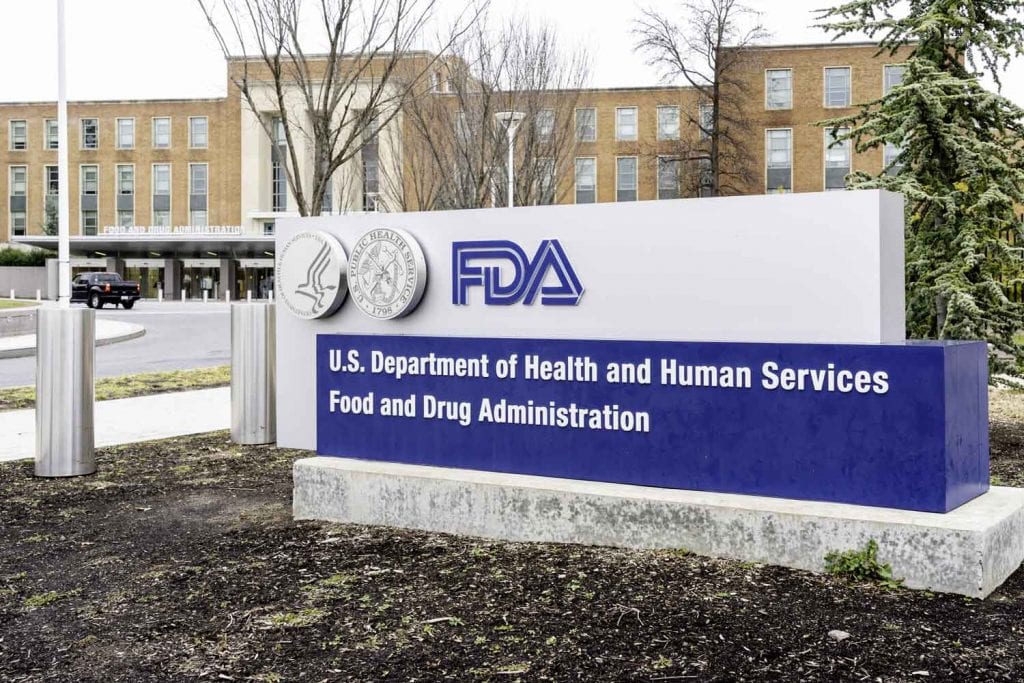

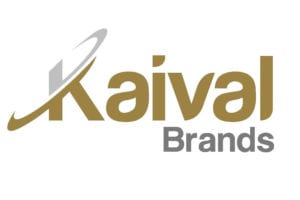 Kaival Brands has three new distribution partners for its Bidi Vapor products: Smoker Friendly International, Avail Vapor and Hilmes Distributing. These three additional distributors push the potential U.S. store count for Bidi Vapor products above 46,000, up from 10,000 in 2020.
Kaival Brands has three new distribution partners for its Bidi Vapor products: Smoker Friendly International, Avail Vapor and Hilmes Distributing. These three additional distributors push the potential U.S. store count for Bidi Vapor products above 46,000, up from 10,000 in 2020.
